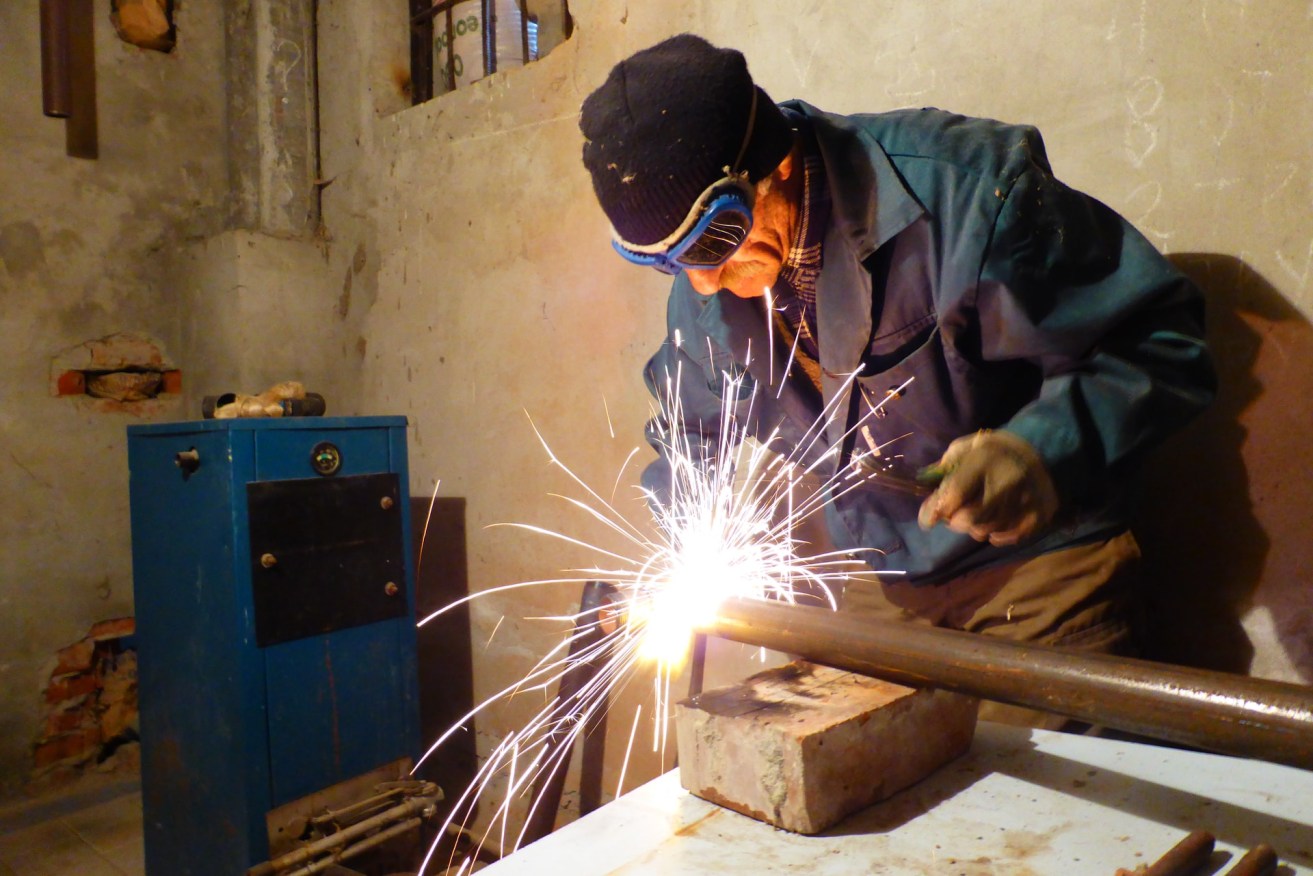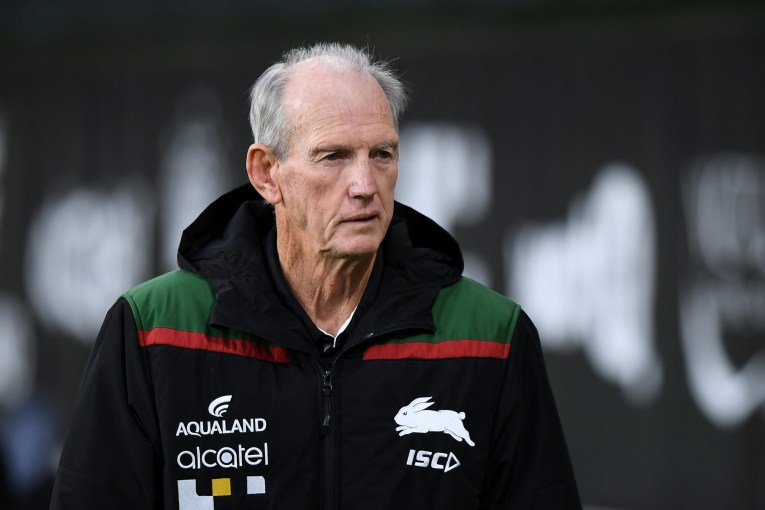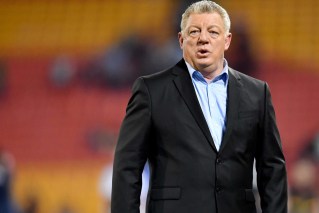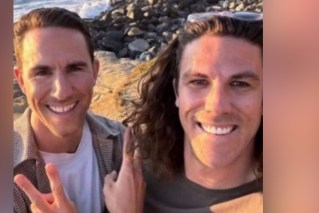Big agenda for national jobs summit but just leave your tax reform talk at the door
A national jobs and skills summit will be held in Canberra in September, the prime minister has announced, fulfilling a Labor election promise.

A lack of skills could impact big opportunities
Prime Minister Anthony Albanese said the two-day summit from September 1 would bring together business groups, unions, civil society and levels of government.
“During Covid, of course, we faced a once-in-a-generation challenge,” he told reporters on Monday.
“But it opens up as well a once-in-a-generation opportunity for how we grow back stronger from the Covid pandemic.
“We also need to have some real discussions about productivity and how we move it forward.”
It’s expected there would be about 100 attendees at the summit, with the agenda set to be released by the end of July.
Invitations would be sent out at the start of August, with a series of discussion papers set to be issued before the summit.
Treasurer Jim Chalmers said the timing of the summit would be critical, given the new government will hand down its first federal budget in late October.
“We’ve deliberately chosen to put this jobs and skills summit on before the October budget that we’ll be handing down because there may be steps proposed and agreed to at the summit which could be implemented quickly,” he said.
“We don’t want to pre-empt what may come out of it, but if it’s possible that if there is common ground found and agreement found at the summit, if we can move quickly, we will.”
It’s expected the goals from the summit will include a better trained workforce, a boost to incomes and living standards and creation of more opportunities for people in more parts of the country.
Individual ministers will also lead work in relation to the summit based on their portfolio.
Finance Minister Katy Gallagher will lead work on experiences in the women’s labour market, while job security and wages will be handled by Employment Minister Tony Burke.
Migration will be handled by Home Affairs Minister Clare O’Neil, barriers to employment will be dealt with by Social Services Minister Amanda Rishworth, work skills and training by Brendan O’Connor and renewables and manufacturing will be handled by Ed Husic.
However, Albanese said tax would not be considered as part of the summit.
“This is a jobs and skills summit which is very much focused on the need to have secure employment that’s focused on skills, that’s focused on future economic growth,” he said.
Australian Council of Trade Unions secretary Sally McManus said she hoped the talks would find solutions to systemic issues.
“We have a chance to build a stronger, more inclusive workforce which will generate the economic growth that we need to recover from the pandemic and share the success of our economy more evenly,” she said.
“We must rebuild our manufacturing industry and work together to build the skills we need for the jobs of the future.”
Business Council of Australia chief executive Jennifer Westacott said the summit would be a chance to reset the economy.
“Our economy is poised for a world beating recovery but it hinges on our ability to bring everyone to the table and find common purpose to sustainably drive new investment, productivity and stronger growth,” she said.
“Businesses are ready to work with government to ensure Australians have access to the skills they need to get secure work and access to jobs in new and emerging higher paying industries.”
Outcomes from the summit will also be used for an employment white paper, which will take submissions during the next 12 months.
The prime minister indicated he was concerned about the current system functioning between unions and employers on areas such as enterprise bargaining.
He said such topics would be key at the upcoming summit.
“There was some progress made by the process that was set up by the former government, and then legislation appeared that didn’t reflect the discussions that had taken place,” he said.
“We want, wherever possible, employers and unions to work together. They have a common interest and it’s called the national interest.”












